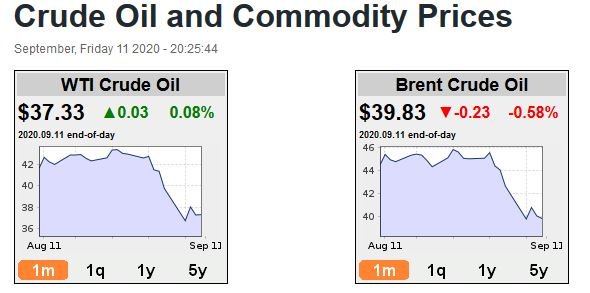Alternative propulsion for boats is definitely possible now, it's just not quite practical or cost effective for most use cases yet. Hopefully it will be (either for a new boat or a retrofit) by the time our current propulsion systems become untenable.
Thinking about it, there's plenty of weight capacity for electric drive in a lot of boats. If I look at my boat, I've got a 430 lb generator and 2x 1150 lb engine/transmission combos in the engine room. And then about 2700 lbs of fuel tanks under the aft bunk. That's a good bit of weight (and space) to work with for motors and batteries.
Looking around, a pair of Tesla motors (with adequate cooling) would power this boat at its current speeds no problem. They're only about 300 lbs each, so figure 400 with cooling systems and mounts. That leaves just over 1900 lbs of capacity in the engine room, which is enough for 35 of the battery modules from a Tesla Model S. Add another 49 modules in place of the fuel tanks to equal their weight, and we've got 445 kwh of batteries (although I didn't do the math to confirm they'd actually fit). Realistically, let's knock the 84 total modules down to 80 to account for the weight of the battery cooling system, so we get 424 kwh.
Based on estimated power demand, I could run at 17 kts for somewhere around 90 - 100 minutes before the batteries are dead. At 6.5 kts, I should have somewhere around 14 hours of runtime (that estimate is a bit fuzzy). Not quite there yet, but given some further improvement in energy density and fast enough charging, I could see it working.
Price would have to come down some too, but it's not as crazy as one might think. I'm coming up with about $150k in batteries and motors, then add the cooling systems, wiring, controllers, etc. Considering a repower in this boat with modern diesel engines and a new generator would be easily in the $120k ballpark, the cost factor is only mildly crazy.
As a comparison point, with the current engines and fuel tanks in my boat, I could run for about 14 hours at 17 kts before the tanks are bone dry, or somewhere around 70 - 85 hours at 6.5 kts.


